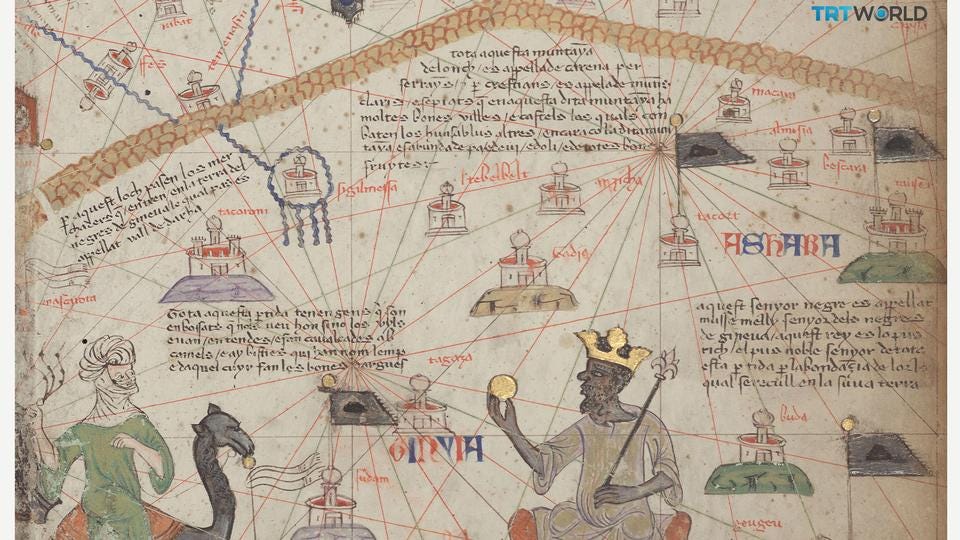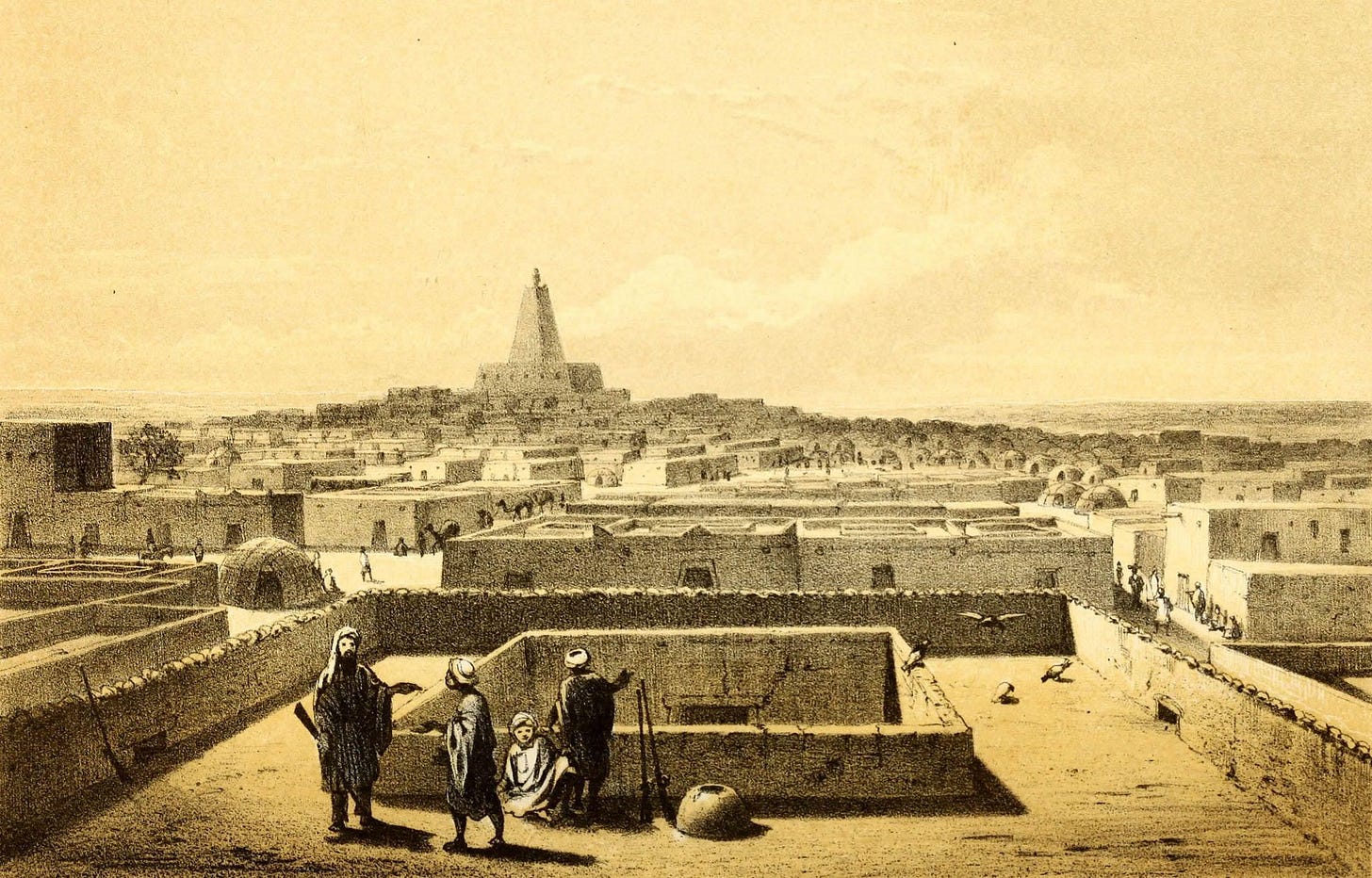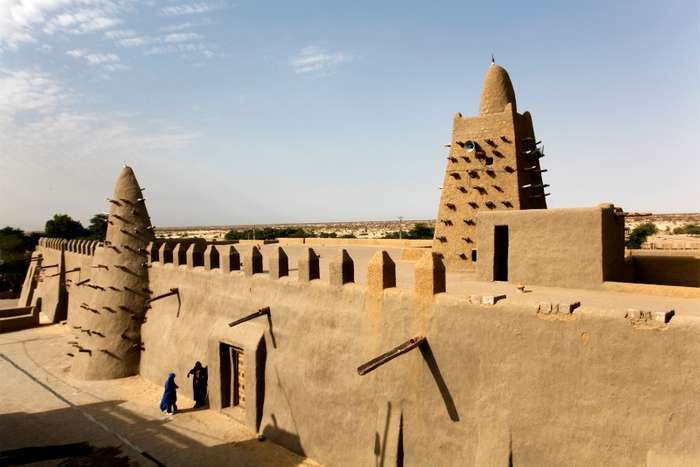
Africa is a land of prosperity, always has been and will forever be. Though recent situations might make that statement look like a fallacy, there was an indeed an era when you could literally pick gold on the floor in Africa.
Sadly, in this era, Africa has been languishing in poverty & pestilence that people still die of hunger in the land of milk & honey. The problem? Decades of mismanagement of resources by African leaders & tyrants have finally begun to take its toll on the natives and it’s a gory sight to behold. The richest woman in Africa is the daughter of Angola president who ruled the country for decades and there are many reports of how she used her father’s influence to ‘rip off’ the country. Nigerian politicians are one of the best-paid politicians in the world while almost over 50% of its population lives in extreme poverty and currently the poverty capital of the world.
But it hasn’t always been like this, there was a time when Africa had powerful rulers that were stinking rich and yet ruled over a prosperous kingdom where people lived off the fat of the land. We will talk about one of them today; MANSA MUSA.
Growing up, we all knew Bill Gates, Warren Buffet, and recently Jeff Bezos as the richest people on earth and possibly some of the richest people to over walked the surface of the earth. But one name was missing; MANSA MUSA, an Emperor of the Mali Empire who ruled in the 14th century and some historians credit him as the richest man to ever walked the surface of the earth, with an estimated worth of $400bn.

(A painting that depicts the wealth of Musa’s Empire)
Mansa Musa became a ruler when his predecessor left the empire in search of the edge of the Atlantic Ocean and left him in charge. Musa served as a deputy to this predecessor Abu-Bakr II, who left him in charge of the kingdom as the culture in the empire dictated and never came back. Such was the level of curiosity in Abu-Bakr II that after sending several men & resources in search of the end of the Atlantic and they never came back, he led the voyage himself taking thousands of ships & men along.
Luckily for Musa, his reign coincided with a period of unrest and war in Europe which means Europeans were in need of ample resources like salt & gold which the empire had in abundance. The trade restriction between Europeans means they turned to the Mali Empire for trade and the empire benefitted from it. The Mali Empire was so large that it cut across so many countries like Mali, Senegal, the Gambia, Guinea, Niger, Nigeria, Chad, Mauritania, and Burkina Faso. A report says it’d take one year to travel from one end of the empire to another and Musa rarely visited the empire but required their kings to pay homage to him. It is important to note that Musa didn’t have royal blood or any relations to the throne but he was appointed deputy and the king left him in charge before we went on his trip. The culture then is to always appoint a deputy and later naming the deputy as the heir to the throne.
Despite his immense wealth, Musa was largely unknown until his massive display of wealth & benevolence on pilgrimage to Mecca put him and his on the map. Musa was a devoted Muslim and since it’s important that Muslims visit Mecca, the king went on the pilgrimage leaving his son in charge. It was his entourage that raised eyebrows; ‘His procession reportedly included 60,000 men, all wearing brocade and Persian silk, including 12,000 slaves, who each carried 1.8 kg (4 lb) of gold bars, and heralds dressed in silks, who bore gold staffs, organized horses, 100 elephants, and handled bags. Musa provided all necessities for the procession, feeding the entire company of men and animals. Those animals included 80 camels which each carried 23–136 kg (50–300 lb) of gold dust. Musa gave the gold to the poor he met along his route. Musa not only gave to the cities he passed on the way to Mecca, including Cairo and Medina but also traded gold for souvenirs. It was reported that he built a mosque every Friday.’ It was reported that it took a whole day for the caravans to pass.

(Musa's caravan on his way to Mecca)
Egypt would later feel the full force of Musa’s benevolence. Initially, Musa refused to meet the Sultan of Egypt stating that he was only passing by because Egyptian culture dictated that he must kiss the sultan’s hand and feet. Musa refused, saying he only bends the knee for Allah but after the initial storm, both rulers later reached a compromise and Musa spent so much gold in Egypt that it crashed the value of gold in Egypt for 12 years. He did the same in Mecca & Medina, crashing the gold market in those cities.
Musa didn’t only travel for pilgrimage but also conquered and expanded his empire as he went; capturing Timbuktu & Gao (modern-day Mali) amongst others. He later revolutionized education & learning in Timbuktu, building mosques (including the Djinguereber Mosque, a famed place built of mudbrick and wood that has stood the test of time), schools and libraries to teach Islamic laws, arts, literature, & architecture. His display of wealth reached Europe and put him & his kingdom on the map as Spanish cartographers put his empire on maps.
Mansa Musa wasn’t just a show-off sultan, he had extraordinary administrative gifts ‘The organization and smooth administration of a purely African empire, the founding of the University of Sankore, the expansion of trade in Timbuktu, the architectural innovations in Gao, Timbuktu, and Niani and, indeed, throughout the whole of Mali and in the subsequent Songhai empire are all testimony to Mansa Mūsā’s superior administrative gifts. In addition, the moral and religious principles he had taught his subjects endured after his death.’

(One of the mosques Musa built in Timbuktu)
Well, Mansa Musa should be a role model for all modern-day African leaders, specifically his administrative skills and passion for education.
Talking about education, next week we will talk about the revolution of education in Timbuktu by Mansa Musa and how European scholars came to Timbuktu for education.
Don’t forget to join the conversation on Twitter; tweet @untoldafrica1 and let’s get started. You can also use the comment box below.
Until then.



